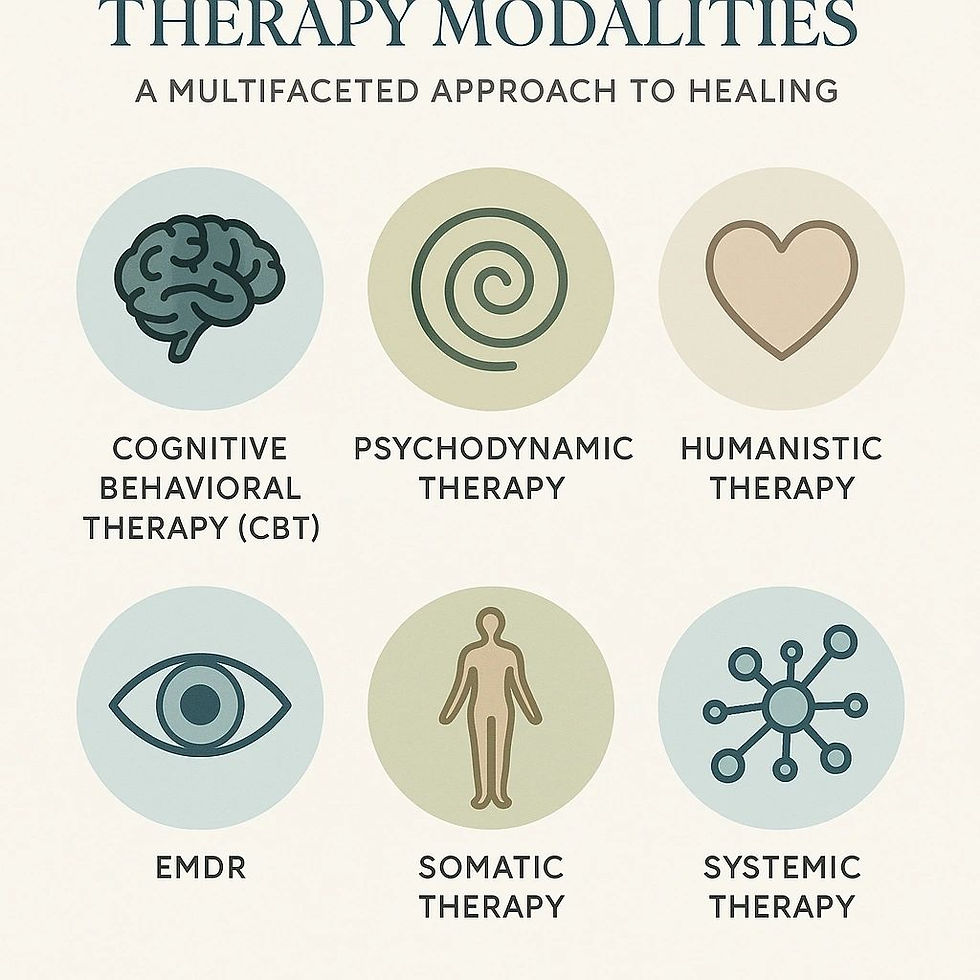Managing Stress During School Exams: Tips to Stay Calm and Focused
- michelleluna
- May 1
- 2 min read
Let’s face it—exam season can feel like a pressure cooker. Between studying, deadlines, and the fear of forgetting everything the moment you pick up your pen, it's normal to feel overwhelmed. But stress doesn’t have to take over your life.
With the right strategies, you can stay balanced, focused, and even a little confident during exams. Here’s your go-to guide for managing stress when the pressure’s on.
1. Plan, Don’t Panic
One of the biggest stressors during exams is feeling like there's too much to do and not enough time. Beat the overwhelm with a solid study plan.
Break it down: Don’t cram. Divide your study material into manageable chunks over days or weeks.
Use a calendar or planner: Schedule what you’ll study each day and build in breaks.
Prioritize topics: Start with the harder subjects or those that carry the most weight.
Having a plan gives your brain structure—and that can be seriously calming.
2. Take Breaks (Yes, Really)
Studying non-stop is a fast track to burnout. Your brain needs downtime to absorb information.
Try:
The Pomodoro technique: 25 minutes of focus, 5-minute break
Walks or stretching: Move your body to refresh your mind
Micro rewards: A favorite snack, a funny video, or a short phone scroll (just set a timer!)
Think of breaks as part of the study process—not a luxury.
3. Eat, Sleep, Hydrate, Repeat
Your brain can’t run on fumes. During exam time, the basics become even more essential:
Sleep: Aim for 7–9 hours. All-nighters might feel productive but usually backfire.
Eat smart: Go for brain-boosting foods like nuts, fruits, and whole grains. Avoid sugar crashes.
Hydrate: Water helps your brain function. Keep a bottle nearby while you study.
4. Practice Calming Techniques
Feeling panicky before a test or while studying? Try these:
Deep breathing: In for 4, hold for 4, out for 4, hold for 4 (Box Breathing)
Visualization: Picture yourself walking confidently into the exam and recalling what you need
Positive affirmations: Replace “I’m going to fail” with “I’m prepared and doing my best”
It may sound cheesy—but these small mindset shifts work.
5. Avoid the Comparison Trap
It’s tempting to compare how much others are studying—but it’s not helpful. Everyone learns differently.
Focus on your own progress
Celebrate your efforts
Don’t let someone else’s panic become your own
You’re running your own race. Keep your eyes on your lane.
6. Know When to Step Back
Sometimes, stress can build up beyond what breathing exercises or snacks can fix. If you’re feeling consistently overwhelmed, anxious, or low:
Talk to a parent, teacher, or school counselor
Reach out to a friend you trust
Don’t bottle it up—it’s okay to ask for support
Mental health is just as important as your grades.
Final Words: Exams Are Temporary, Your Well-being Isn’t
You are more than your test scores. Seriously.
Exams will come and go, but the way you take care of yourself through challenges? That builds skills you’ll use for the rest of your life.
So breathe deep, trust the work you’ve put in, and remember—you’ve got this.









Comments